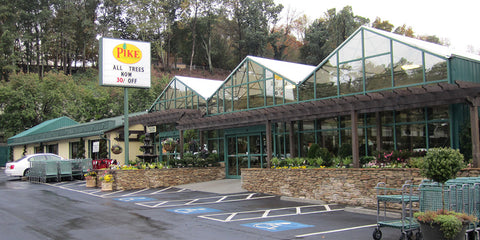Details
White Creeping Mazus is a dense herbaceous evergreen perennial with a ground-hugging habit of growth. Its relatively fine texture sets it apart from other garden plants with less refined foliage.
This plant will require occasional maintenance and upkeep, and is best cleaned up in early spring before it resumes active growth for the season. It is a good choice for attracting butterflies to your yard, but is not particularly attractive to deer who tend to leave it alone in favor of tastier treats. Gardeners should be aware of the following characteristic(s) that may warrant special consideration:
- Spreading
White Creeping Mazus is recommended for the following landscape applications:
- Mass Planting
- Rock/Alpine Gardens
- Groundcover
- Naturalizing And Woodland Gardens
- Container Planting
Features
White Creeping Mazus is smothered in stunning clusters of white orchid-like flowers with gold spots at the ends of the stems from mid spring to early summer. Its serrated oval leaves remain emerald green in color with showy chartreuse variegation throughout the year. The fruit is not ornamentally significant.
Care
Planting & Growing
White Creeping Mazus will grow to be only 2 inches tall at maturity extending to 3 inches tall with the flowers, with a spread of 12 inches. Its foliage tends to remain low and dense right to the ground. It grows at a fast rate, and under ideal conditions can be expected to live for approximately 10 years.
This plant does best in full sun to partial shade. It requires an evenly moist well-drained soil for optimal growth, but will die in standing water. It is not particular as to soil pH, but grows best in rich soils. It is somewhat tolerant of urban pollution. This is a selected variety of a species not originally from North America. It can be propagated by division; however, as a cultivated variety, be aware that it may be subject to certain restrictions or prohibitions on propagation.
White Creeping Mazus is a fine choice for the garden, but it is also a good selection for planting in outdoor pots and containers. Because of its spreading habit of growth, it is ideally suited for use as a 'spiller' in the 'spiller-thriller-filler' container combination; plant it near the edges where it can spill gracefully over the pot. Note that when growing plants in outdoor containers and baskets, they may require more frequent waterings than they would in the yard or garden.






















